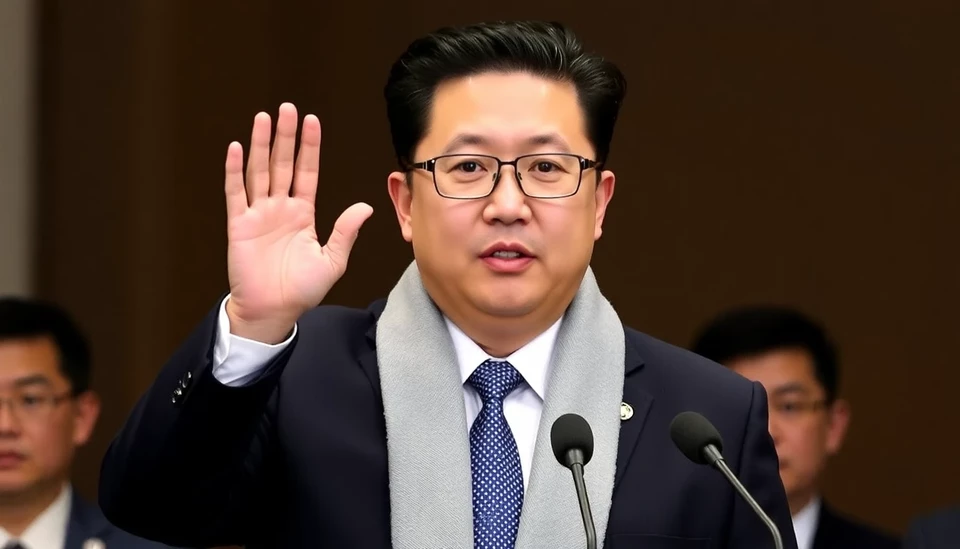
In a significant political development in South Korea, the ongoing impeachment vote has become mired in controversy as members of the ruling party have opted to boycott the proceedings. This unexpected turn of events has resulted in a prolonged stalemate in a process that is critical for the country's political stability.
The impeachment vote, originally scheduled for earlier this week, was anticipated to reflect the growing dissatisfaction among the populace regarding the current administration's handling of various issues. However, the ruling party's decision to withdraw from the vote has raised eyebrows and led to accusations of political maneuvering aimed at protecting their own interests.
Critics of the administration have expressed frustration over the ruling party's tactics, arguing that the boycott undermines the democratic process and the government's accountability to its citizens. With key legislative actions on hold, opposition leaders are calling for immediate discussions to address the issues prompting the impeachment and to restore faith in the political system.
As the political impasse continues, many observers are questioning the implications of this boycott on the ruling party's future. Analysts speculate that such actions may lead to a decline in public support, particularly as the country heads towards important elections in the coming year. The resistance from the ruling party could further polarize an already divided electorate.
In response to the impasse, civil rights groups are mobilizing and demanding that the ruling party return to the voting table. They argue that the country's integrity is at stake and that all members of the legislative body have a responsibility to participate in the governance process, both ethically and constitutionally.
Calls for a resolution have also emerged from international observers, who are monitoring the situation closely. They stress the importance of maintaining democratic norms and ensuring that the will of the people is accurately represented in government decisions. The current state of affairs highlights the fraught political landscape in South Korea, where discontent among citizens is palpable.
As lawmakers prepare for their next steps, the focus is not only on resolving the impeachment issue but also on addressing the broader concerns impacting the nation, from economic challenges to social inequality. The stakes are high, and the room for negotiation appears limited, leaving many to speculate about what the future holds for South Korean politics.
As the political situation continues to evolve, citizens remain hopeful for a resolution that prioritizes democracy and accountability. The impact of this boycott will likely resonate far beyond the immediate voting process, influencing public sentiment and the overall health of the nation's democratic institutions.
#SouthKoreaImpeachment #PoliticalStalemate #DemocracyInAction #RulingPartyBoycott #PublicAccountability #PoliticalAnalysis
Author: Daniel Foster




